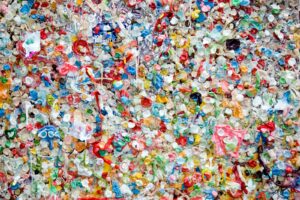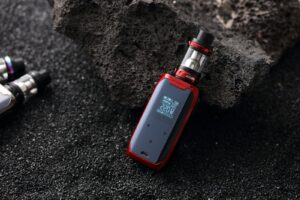Apple will quadruple the number of places where customers can send their iPhone to be recycled.
Currently, the tech giant uses a robot called ‘Daisy’ which can disassemble 200 iPhones an hour before recycling them back into the manufacturing process.
Around the world, customers can turn in their devices to be recycled at any Apple Store or through apple.com as part of the Apple Trade In programme.
Customers can now also return their iPhones at Best Buy stores throughout the US and KPN retailers in the Netherlands.
Cobalt is a key battery material and Daisy combines the metal with scrap from other manufacturing sites, meaning for the first time recovered cobalt is now being used to make new Apple batteries.
Apple has received nearly 1 million devices through Apple programmes and each Daisy can disassemble 1.2 million devices per year.
In 2018, the company refurbished more than 7.8 million Apple devices and helped divert more than 48,000 metric tons of electronic waste from landfills.
Lisa Jackson, Apple’s vice president of Environment, Policy and Social Initiatives said ‘Advanced recycling must become an important part of the electronics supply chain, and Apple is pioneering a new path to help push our industry forward.’
‘We work hard to design products that our customers can rely on for a long time. When it comes time to recycle them, we hope that the convenience and benefit of our programmes will encourage everyone to bring in their old devices.’
In related news, a new collaborative study last month said global action is needed to tackle rising tide of e-waste.
E-waste, which concerns electronic waste such as old mobile phones, computers, and circuit boards – is growing rapidly with almost 45 million metric tonnes recorded in 2016.
Photo credit – Apple
















